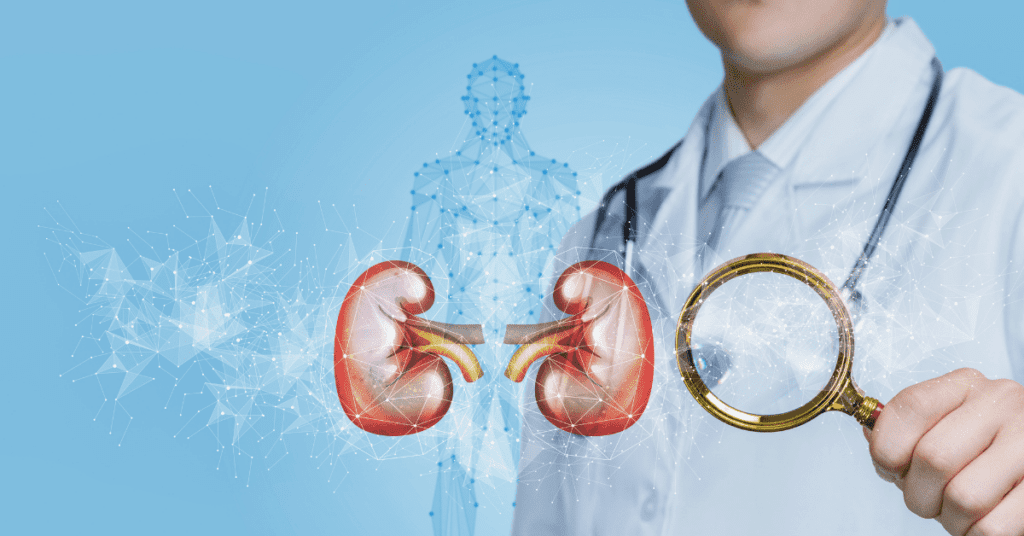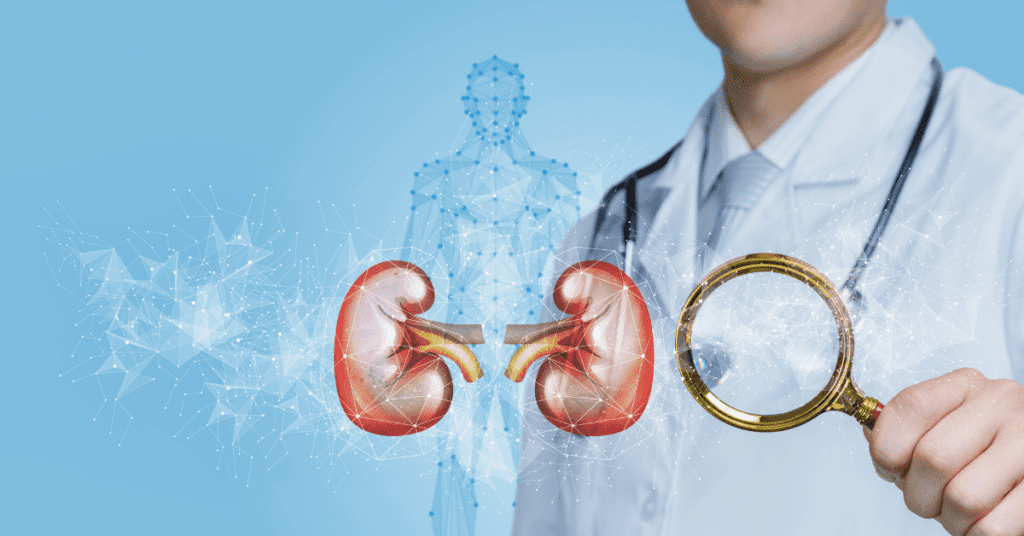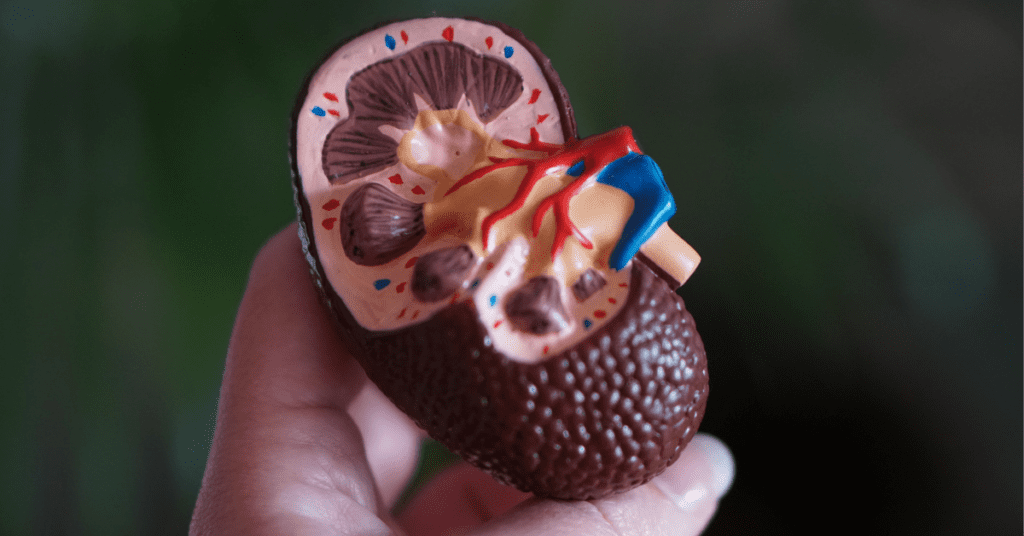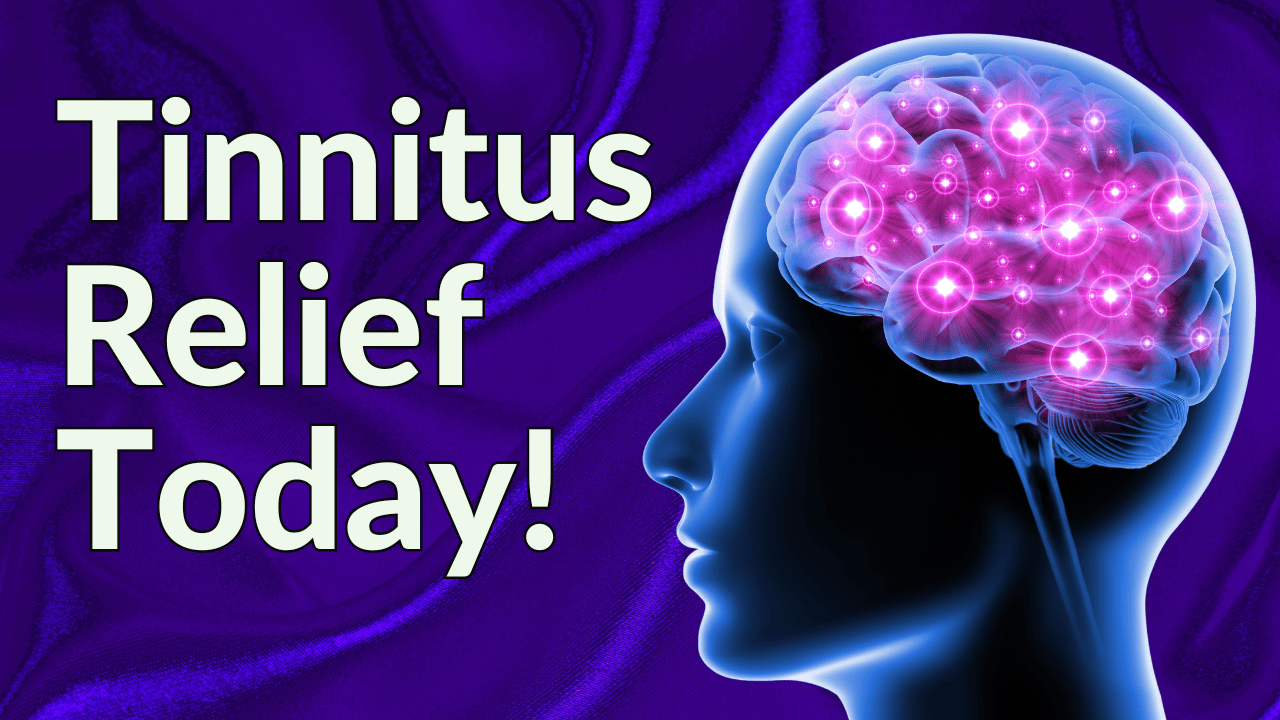When auditory function begins to decline, one is unlikely to relate the change to kidney problems. Despite the seemingly unrelated nature of the two organs, the kidneys and the ears actually share far more similar physiological mechanisms than many people realize. Kidneys and ears also share antigenic properties and structural similarities, which means that kidney and hearing function can be impacted by the same harmful conditions, resulting in coexistence of hearing and kidney dysfunction.
What Is The Function Of The Kidney?
The kidneys play a vital role in the body in several key ways, including removing excess water and waste from the blood via urine. They are also responsible for keeping electrolyte balance, which means that calcium, sodium, and potassium levels are maintained and mitigated to a degree by healthy kidney function. When kidneys do not function properly, they may not be able to adequately filter vital nutrients and maintain appropriate nutrient and water levels, leading to significant health issues and risks.
"Treble Health helped me reduce my tinnitus by about 80%, and now I can live my life again!"


"Treble Health helped me reduce my tinnitus by about 80%, and now I can live my life again!"
– Steve D.
Book a free consultation to learn which Treble Health solution is right for you. Join Steve and thousands more who have found lasting tinnitus relief.
Kidneys also help produce hormones used to regulate blood pressure and stimulate the production of bone marrow in order to make red blood cells. Chronic kidney disease patients are at an increased risk for a host of health issues, especially if they suffer from chronic renal failure.
Sensorineural Hearing Loss
Sensorineural hearing loss hearing loss is the type of hearing loss that is characterized by the decreased ability of the auditory system to properly process sounds. It is most frequently associated with dysfunction of the inner ear which houses the organ of hearing: the cochlea. The number one cause of sensorineural hearing loss is aging; however, it can also result from exposure to excess noise levels, ototoxic medications and substances. Additionally, sensorineural hearing loss is associated with a number of chronic diseases and conditions. For example, there are a large number of syndromes which have hearing loss as one of the symptoms. Among those, there are syndromes which have both hearing loss and kidney dysfunction as symptoms.
Conditions With Kidney Disease And Sensorineural Hearing Loss
There are several disorders that have kidney and hearing issues. Some of them are hereditary conditions and syndromes, while others may develop as a result of a treatment, which side effects may cause issues with both kidney function and hearing. Here are some of the conditions that share kidney disease and sensorineural hearing loss:
- Alport syndrome
- Fabry disease
- Branchio-oto-renal syndrome
- Alstrom syndrome
- Bartter syndrome
- Chronic kidney disease (ckd)
Chronic Kidney Disease (CKD)
Chronic kidney disease is a condition marked by gradual loss of kidney function. Patients with CKD require a multidisciplinary intervention to reduce the possibility of other health issues arising as a result of the chronic kidney disease. Over time, this loss of function decreases patients with CKD’s ability to filter waste from the blood, and recent records suggest that approximately 37 million adults have chronic kidney disease. Heart disease is the primary cause of death for CKD patients, though CKD patients also have elevated risk factors for renal failure and other issues directly related to kidney dysfunction. If left untreated, CKD can cause progressive and irreversible loss of kidney function, leading to a renal failure, uncontrolled blood sugar, and more.
What Are The Main Causes Of Chronic Kidney Disease?
The two most common conditions that put people at higher risk for developing CKD are diabetes and hypertension. These are responsible for as many as two-thirds of all cases of CKD.
Diabetes is a condition related to how the body processes sugar, and the instability of blood sugar can interfere with kidney function. Diabetes mellitus is problematic for kidneys, especially if blood sugar levels are uncontrolled. Ultimately, when left untreated, diabetes mellitus causes systemic organ damage, which includes the kidneys, heart, blood vessels, and eyes.
Hypertension occurs when the pressure of blood flow increases, straining the walls of your arteries and veins, and negatively impacting cardiovascular health and potentially spurring cardiovascular disease. Hypertension is the leading cause of both heart attack and stroke, but also a second leading cause of kidney failure. Over time, high blood pressure can damage the arteries that supply blood to the kidneys. As a result, kidneys are not able to filter blood or regulate blood pressure.



What Complications Are Experienced With Chronic Kidney Disease Patients?
A host of additional issues arise when kidney function is even mildly impaired. Chronic kidney disease leads to significant association with additional disorders and diseases, not the least of which is an increase in cardiovascular mortality. When kidney function decreases, it is positively correlated with the following:
- High blood pressure/hypertension (which can both cause and be caused by CKD)
- Heart disease
- Anemia
- Weakened bones
- Poor nutritional health
- Nerve damage
- Cognitive impairment
- Blood vessel disease
If left untreated, CKD patients can damage nerves, and present a greater risk of being diagnosed in full kidney failure, requiring the need for dialysis or, ultimately, a kidney transplant.
How Is Chronic Kidney Disease Treated?
There are different components to the treatment of kidney disease. Because CKD can lead to a multitude of health issues, from sensorineural hearing loss to heart disease, to general weakness, there are interventions designed to target CKD itself, and interventions designed to address its complications. Below are the different types of treatment options.
- Treatment of CKD complications
- Medication can be used to manage and treat diabetes, high blood pressure, anemia, and heart disease. Patients with CKD are at greater risk of numerous different disorders–even those with moderate CKD–which means that patients with chronic kidney disease are often concurrently treating several different diseases or disorders.
- Diuretics
- Loop diuretics can be used to reduce excess water in the blood and body, as the kidneys are no longer able to filter or remove that water effectively, reducing the ability of the kidneys to engage in active transport of nutrients between the body and urine, and disrupting electrolyte balance. Unfortunately, though loop diuretics can prove immensely beneficial for patients with chronic kidney disease, they have also been shown to be ototoxic (toxic to the ear).
- Dialysis
- Dialysis is the artificial removal of waste products and fluids from the body via a machine that filters blood. While the general population can rely on kidneys to effectively filter, patients with chronic kidney disease rely on machines that effectively function as artificial kidneys. The amount of time dialysis patients require varies, with some requiring more frequent trips than others.
- Kidney Transplant
- When there is a greater risk of death from kidney disease that is no longer responding to treatment, a kidney transplant may be necessary. After a CKD diagnosis that does not respond to treatment, kidneys may be removed and replaced with healthy kidneys from a living or deceased donor.
How Is The Kidney Similar To The Inner Ear?
The inner ear and kidneys are functionally and structurally similar. How so? The sensory organ of hearing found within the inner ear, called the cochlea, is filled with a fluid called endolymph. Endolymph is made up of calcium, sodium, and potassium–the very nutrients that are regulated by kidneys and which are so often imbalanced in those with chronic renal failure and patients with CKD.
Like the cochlea, kidney function involves fluid containing calcium, sodium, and potassium. They possess similar shapes, and damage to one can lead to an increased risk of other issues within the body. While CKD can lead to cardiovascular disease, worsening diabetes, and arterial disorders, it is also an independent risk factor for inner ear pathology. CKD can cause sensorineural hearing loss and increase tinnitus risk. Sudden sensorineural hearing loss can also be seen in some CKD patients.



How Can Chronic Kidney Disease Affect The Inner Ear?
The similarities in both structure and function of the inner ear and the kidneys can explain a relationship between kidney disease or renal failure and damage to the ear. When toxins are not filtered by the kidneys, auditory nerves can get damaged and the auditory pathways within the brain get impacted. The presence of CKD means a significantly higher risk of tinnitus and other inner ear issues as compared to individuals who do not suffer from CKD.
Chronic kidney disease can directly lead to a reduction in a patient’s hearing thresholds. Additionally, treatments to address some of the health issues associated with CKD can have ototoxic effects. Loop diuretics, for instance, are known ototoxic drugs that can lead to sensorineural hearing loss. Furosemide impacts the sodium, potassium, and calcium channels within the kidneys, to help kidneys function effectively. This function is mimicked within the inner ear, which can lead to hearing loss for the duration of furosemide treatment.
Non CKD patients also have a lower risk of hypertension and diabetes, the two conditions that put patients at higher risk of developing hearing loss and tinnitus. In fact, one study determined that sensorineural hearing loss was much higher in patients with CKD compared to the general population.
The changes to the inner ear brought about by ototoxic drugs and CKD can cause a sensorineural type of hearing loss, which is permanent. This particular type of hearing loss is a common contributor to tinnitus onset, as the disruption of acoustic information between the ear and brain can lead to phantom sounds like ringing and buzzing.
Hearing loss and tinnitus are closely linked. Although not everyone who experiences hearing loss will also experience tinnitus, there is an increased risk of developing tinnitus in people who have hearing loss. This is also true of CKD compared to the general population, as those with CKD are more likely to develop both hearing loss and tinnitus.
Does Kidney Disease Increase Tinnitus Risk And Hearing Loss?
In short, yes – there does seem to be a connection between decreased kidney function and increased risk of tinnitus and hearing loss. Inner ears and kidneys are linked share similarities in their structure, mechanisms, and antigenic properties. CKD patients are at an increased risk of hearing loss, especially those with chronic renal failure, so early identification of reduced kidney function is essential in minimizing the risk factors associated with hearing loss and auditory dysfunction.
If you have CKD and begin to experience hearing or tinnitus symptoms, it is vital to reach out to a hearing health care professional, such as an audiologist, who can investigate your increased risk of hearing loss and tinnitus. There are various treatment options available to treat hearing loss and tinnitus.
Tinnitus Treatment And Risk
The hearing loss and tinnitus treatment options can be provided by an audiologist, regardless of whether or not CKD is present. The most common interventions for hearing loss and tinnitus include:
- Hearing aids. Hearing Aids can be used to treat hearing loss in CKD. Hearing devices are used to aid hearing to improve speech understanding. They can also be used to treat tinnitus, often in conjunction with TRT and sound therapy (see below).
- Tinnitus Retraining Therapy (TRT). Tinnitus Retraining Therapy is a form of combined therapy that utilizes sound therapy and counseling to help individuals who experience bothersome tinnitus.
- Sound therapy. Sound therapy is a form of therapy that uses different sounds to mask or lessen the perception of tinnitus. Sound therapy can be utilized via stand alone sound machines, ear-level sound generators or hearing aids, for those who also have hearing loss.
- Cognitive Behavioral Therapy (CBT). CBT is a type of mental health intervention. It can be used to help people cope with negative consequences of hearing loss and tinnitus. Anxiety and depression are common for people who have hearing loss because it can be isolating. CBT can help those individuals overcome the challenges of these conditions in healthy ways, thereby lessening the impact of hearing dysfunction on daily life.
The structural and functional similarities between ears and kidneys mean that something impacting one may impact the other. Hearing impairment and tinnitus prevalence are reported to be higher among the patients with chronic kidney disease loss as compared to general population. Treatment for CKD will depend largely on the severity of kidney disease, however, regardless of the extent of the kidney dysfunction, patients with tinnitus and/or hearing loss typically respond well to the aforementioned interventions.
Next Step: Book Free Consultation
- 75% of patients reduced their tinnitus within three months after following our recommendations.
- "I feel like Treble Health literally gave me my life back." - Randy S. (verified customer)
- Join thousands of people who have reduced their tinnitus after scheduling a free consultation.


















